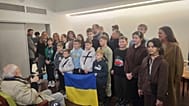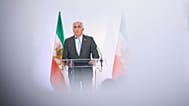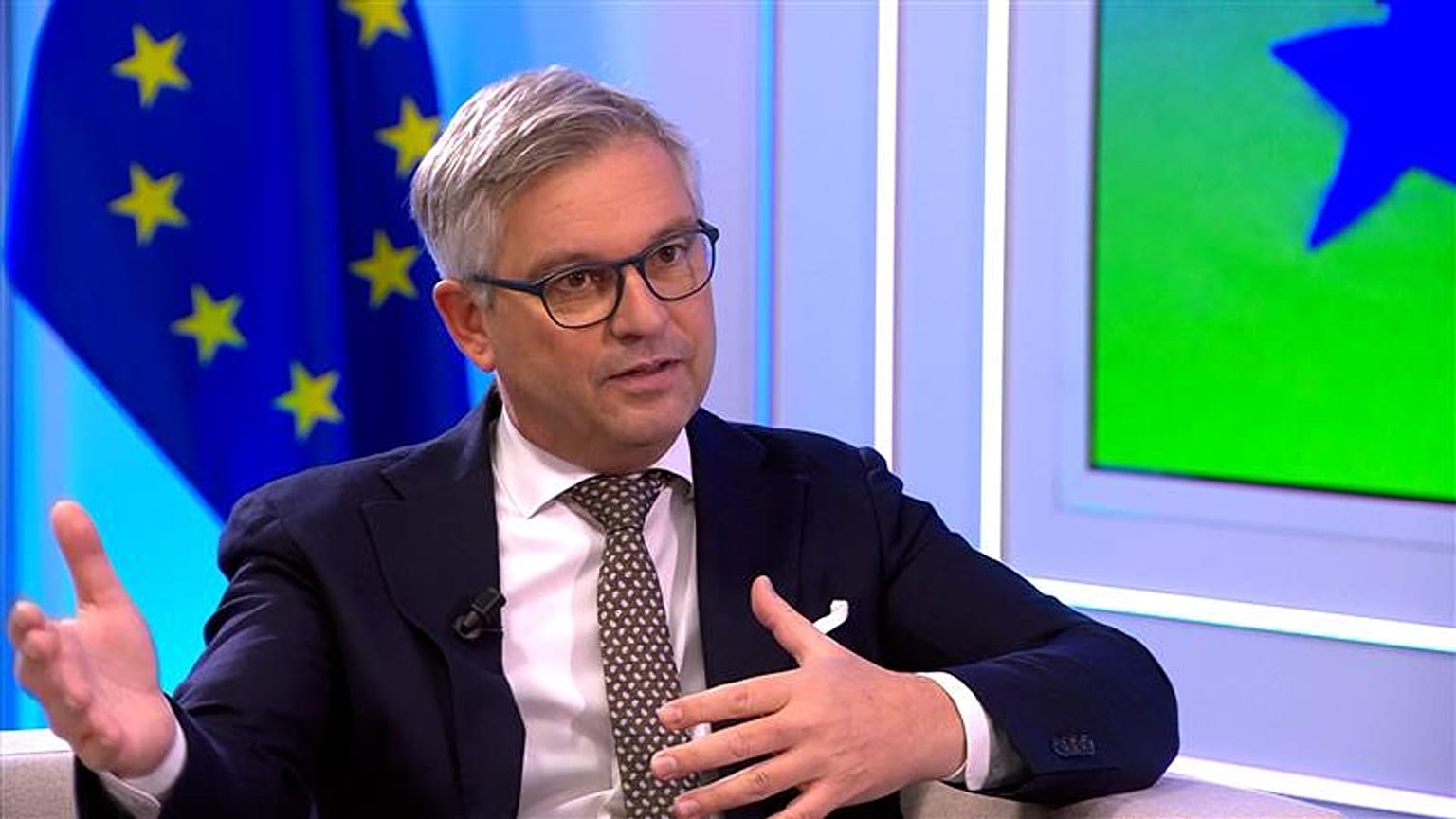EU Migration Commissioner Magnus Brunner sees the new Pact and Asylum and Migration on track to tackle an issue that has been feeding populism for many years. He also defends negotiating with the Taliban and initiatives to negotiate ‘return hubs’ with non-EU countries.
By establishing a system of control and rules, the new EU Pact on Asylum and Migration, albeit not perfect, has the potential to bring back confidence to European citizens on a topic that has caused deep political divisions - that’s according to Migration Commissioner Magnus Brunner, who was a guest on Euronews’ flagship interview programme The Europe Conversation.
“We need the trust of the people back,” Brunner said, adding that migration is a topic “at the heart of everyone.”
The new EU Pact on Asylum and Migration is the first time that member states have agreed on something that could serve as a good basis to solve a long-standing problem, the Austrian Commissioner said.
“It's not perfect, of course not. There were some missing pieces as well. But I always say it's better to have 70% than 0%. And that's why we have to get the pact implemented.”
The new initiative is based on four main principles: securing external borders through screening and fast border procedures, creating fast and efficient asylum procedures, establishing a system of solidarity and responsibility among member states, and embedding migration management into international partnerships.
Following their adoption by the European Parliament and Council, the new rules on migration entered into force in 2024 and are set to enter into application in June of next year.
“We are on track,” Brunner said, despite some “missing pieces, like return regulation, like safe third country, safe country of origin, that are also important.”
Talking to the Taliban
When it comes to returning rejected asylum seekers, the EU must talk to the Taliban and similar authorities on a technical level of migration, even if it is not "fun" or "easy", Brunner told Euronews.
"Getting engaged with third countries, even though we don't like their governments and the way they're doing things, is still important," Brunner said when asked about Germany negotiating a deal with the Taliban to send back Afghan nationals set for deportation.
"It's not fun, it's not easy, but not getting engaged is not an option.”
The talks with the Taliban drew criticism inside and outside of Germany, as the Taliban's rule has been marked by systematic violations of human and especially women’s rights since it returned to power in Afghanistan in August 2021.
Critics have also said that a major EU country maintaining a dialogue with the Taliban provides the Afghan regime with legitimacy, paving the way to a gradual normalisation of its relationship with Western countries.
But: "We must differentiate between [talking with the Taliban] and acknowledging that there is a government or respecting the government, which we don't do," Brunner noted.
‘Return hubs’ as “innovative solutions”
Brunner also expressed support for the controversial question of ‘return hubs', the idea of sending individuals who have no right to stay in the EU to a third country.
“There are possibilities for the Member States to look into new solutions, new innovative solutions, and return hubs is one of them,” Brunner said.
“So, paving the way, making the framework and making it possible for the Member States to look into possibilities like return hubs is key and that's what we did with the return regulation. But you don't want the EU Commission to negotiate on behalf of all the member states,” he added.
Brunner also shared details of a recent meeting he had in Rome with the Pope.
“It was a really good discussion and meeting we had because we are on the same page, actually: respecting human rights, respecting fundamental rights, yes, but also fighting the human traffickers,” the Commissioner, who is Catholic, said.
“And I think the Pope totally agrees with that.”















